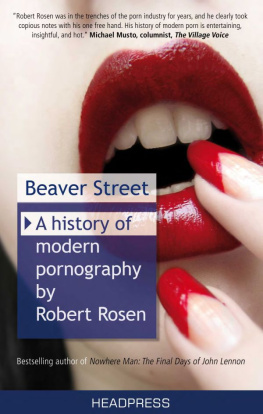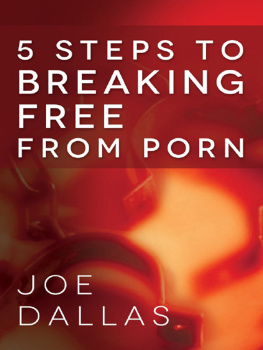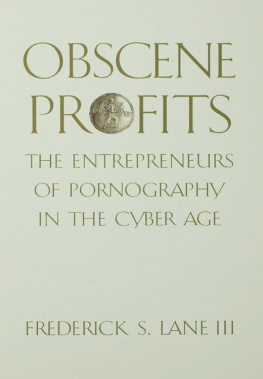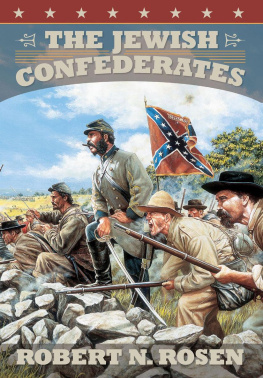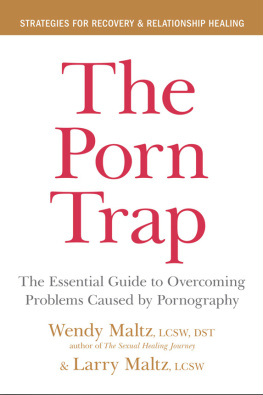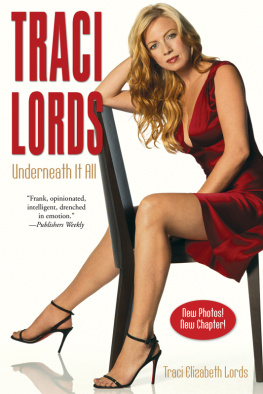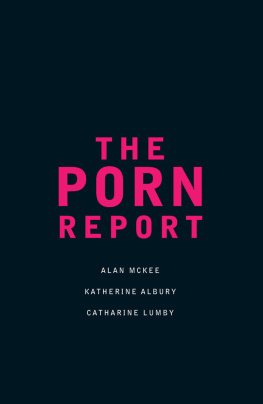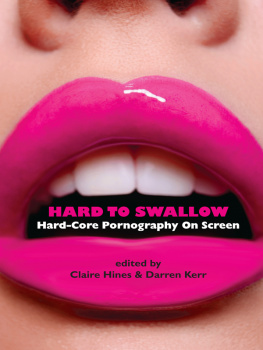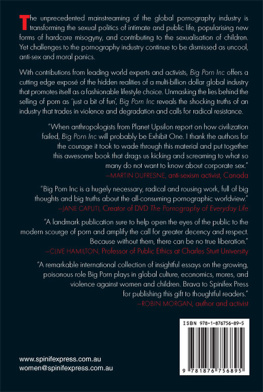
Praise for Robert Rosens Nowhere Man
Nowhere Man is a gripping read that no Lennon fan
will be able to resist.
Nigel Williamson, The Times (London)
Entertainingly salacious.
Mike Tribby, Booklist
Controversial intriguing surprising.
Catherine Crier, Court TV
Rather like re-reading a favorite detective story though you
know how the storys going to end, you still wind up
willing the events to unfold differently.
David Thompson, Mojo magazine
After reading this book I felt an affinity for Lennon; his life with
all its torments, joys and pains was real to me.
Sydney Murray, Vision magazine
Captures with disturbing immediacy the pressure of being a celebrity
flirts with brilliance.
J.R. Jones, Chicago Reader
Robert Rosens gripping account of Lennons five-year seclusion in the
Dakota building makes it impossible any longer to agree with
the cozy popular image of him during this period as a devoted
father and bread-baking domesticated househusband.
This is a portrait of the twilight of an idol.
Allan Jones, Uncut magazine
What makes this book valuable is the sense that Rosen is providing as
honest a characterization as possiblehonest enough so that, in spite
of Lennons quirks and foibles, his genius ultimately shines through.
B.A. Nilsson, Metroland
Eminently readable, whether youre a fan or not
An excellent, beautifully written book.
Bob Smith, Chaotic Order, U.K.
An obsessive, corrosive, unforgettable account of Lennon and his
menage at the Dakota. Even readers who never bought the air-brushed
image of Lennon the benign father and house-husband are likely to
experience powerful cognitive dissonance as they read Rosens chronicle
of weirdness, in which the tragic and the absurd are inextricably mixed.
John Wilson, Christianity Today
One of the most fascinating insights in Robert Rosens book is that
John knew that he, in the last half of the seventies, exercised his greatest
power to the extent that he wasnt seen; he was beyond success; he had
achieved such fame that his five-year silence hummed more loudly than,
say, any of Paul McCartneys appearances in People magazine.
Brian Murphy, Oakland University Journal
We become privy to first-hand knowledge about Lennons final days
which has never before seen the light of day this book makes
for engrossing reading.
Steve Wide, Beat magazine, Australia
BEAVER STREET
A History of Modern Pornography
From the Birth of Phone Sex to the Skin Mag in
Cyberspace: An Investigative Memoir
Robert Rosen
www.WorldHeadpress.com
For my father, Irwin Rosen, 19232005, who would have
enjoyed this book, and my wife, Mary Lyn Maiscott, the
Mistress of Syntax, who did not divorce me.
Masturbation was an open secret until you were thirty. Then it was a closed secret. Even modern literature shut up about it at that point, pretty much. Nicola held this silence partly responsible for the industrial dimensions of contemporary pornographypornography, a form in which masturbation was the only subject. Everybody masturbated all their lives. On the whole, literature declined the responsibility of this truth. So pornography had to cope with it. Not elegantly or reassuringly. As best it could.
Martin Amis, London Fields
Its a representation, ordinary pornography. Its a fallen art form. Its not just make-believe, its patently insincere. You want the girl in the porno film, but youre not jealous of whoevers fucking her because he becomes your surrogate. Quite amazing, but thats the power of even fallen art. He becomes a stand-in, there in your service.
Philip Roth, The Dying Animal
Sex is not romantic, particularly when it is commercialized, but it does create an aroma, pungent and nostalgic.
Henry Miller, Quiet Days in Clichy
Table of Contents
Authors Note
Beaver Street is a work of nonfiction, primarily drawn from diaries that Ive been keeping since 1977. However, to succinctly convey vital informationespecially information involving the day-to-day operations of High Society and Swank PublicationsIve sometimes condensed multiple incidents and conversations into single scenes. Ive taken no such liberties with historical events, or with the characters themselves. There are no composite characters, and Ive used real names for all public figures and the dead. For reasons of privacy, Ive changed the names of certain former colleagues and, when necessary, obscured incidents that could be used to identify them.
Transgression is not immoral. Quite to the contrary, it reconciles the law with what it forbids; it is the dialectical game of good and evil.
Jean Baudrillard, The Ecstasy of Communication

PROLOGUE
A Kid in a Candy Store
ONCE, MANY YEARS AGO, MY FATHER OWNED a candy store on Church Avenue in Brooklyn, around the corner from where we lived. The whole family worked theremy grandfather, my grandmother, sometimes my mother, my uncle in a pinch, and even me. By the time I was nine years old I knew how to mix egg creams, sell cigarettes, and put together the Sunday papers. I also understood on some instinctive level that when a new customer walked in and muttered under his breath, Where do you keep the books? he was talking about the special rack in the back of the store where my father stocked some of his favorite works of literature. They included My Secret Life, by Anonymous; My Life and Loves, by Frank Harris; The Autobiography of a Flea, also by the ever prolific Anonymous; Tropic of Cancer, by Henry Miller; and Last Exit to Brooklyn, by Hubert Selby.
Every weekend a half-dozen of my fathers croniesthe neighborhood regularswould gather in the store. Most of them were in their late thirties, my fathers age at the time, and they struck me as a street-wise and sophisticated lot. One of them smoked gauloises. Another worked for TWA and made monthly pleasure trips to Europe. And Id sit by the window a few feet away, listening to them as I made change for newspapers. Some days theyd amuse themselves deconstructing the New York Giants and their bald but talented quarterback, Y. A. Tittle, whose name they repeated over and over, seemingly for the sheer joy of saying it. Other days theyd swap World War II stories, horrifying tales of seeing corpses piled like cordwood after the Battle of the Bulge, or of butchering a cowafter not eating fresh meat for monthsin a French village just liberated from the Nazis.
But their greatest flights of oratory fancy, surpassing even the passion they expressed for the Playboy centerfold, were their expert critiques of the latest book to appear on the special rack.
A copy of the work in question would materialize on the counter, and theyd pass it around, scrutinizing the often salacious cover art and laughing uproariously when somebody would spontaneously read a provocative passage sotto vocepresumably so the words wouldnt penetrate my innocent and attentive ears.
Though I was far too young to fully grasp what these books were about or to realize that many of them had made it to the rack only after having survived a protracted censorship battle, the pleasure they gave my father and his friends was unmistakable. It was clear to me even in 1961 that these books mattereda lotand that if I were going to write books, which I thought even then Id like to do, then these were the kinds of books I wanted to someday write.
Next page
